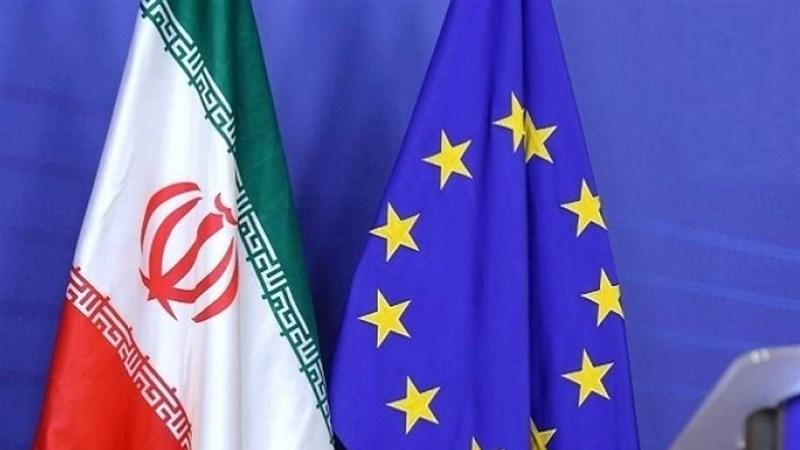In a move sure to unleash fury from the Trump administration, the European Union has announced it has set up a transactions channel with Iran to bypass US sanctions. The launch of INSTEX — or “Instrument in Support of Trade Exchanges” — by France, Germany, and the UK will allow non-dollar trade with Iran and is being described as facilitating humanitarian goods-related transactions only, including food, medicine and medical equipment.
Long anticipated, Thursday’s EU announcement marks the most concrete action Europe has taken to thwart Washington sanctions after the US pullout of the 2015 nuclear deal last May, and after SWIFT caved to US pressure. Europe is hoping the mechanism will act as a legal means to preventing Tehran from quitting the JCPOA, which promised sanctions relief should the country halt nuclear weapons research and development. INSTEX is expected to receive the formal endorsement of all 28 EU members, which aims to encourage skittish pharmaceutical and agricultural companies to the table with Tehran after many stopped doing business in Iran for fear of US economic retribution.
The Iranians welcomed the new mechanism: “It is a first step taken by the European side… We hope it will cover all goods and items,” Iranian Deputy FM Abbas Araqchi told state TV, referencing EU promises to stick to its end of the nuclear deal.
INSTEX will reportedly be based in Paris and run by a supervisory board chaired by the UK and managed by a German banking expert, and has further been described in European media as “expandable,” which is likely to provoke a reaction from the United States, especially after Washington was able to pressure the Belgium-based SWIFT financial messaging service to cut off the access of Iranian banks.
German Foreign Minister Heiko Maas cited EU strategic and “security interests” during a press briefing in Brussels: “We have been looking for ways to obtain this agreement because we are firmly convinced that it serves our strategic security interests in Europe.” He further bluntly described, “We do not want Iran to get out of this agreement and back into uranium enrichment. This has to do with our security interests in Europe.”
Technically US sanctions allow some limited humanitarian trade and limited goods; however the White House’s “maximum pressure” campaign on Iran has still scared away European giants like Seimens, Maersk, Total, Daimler, Peugeot, Renault, and others.
Secretary of State Mike Pompeo previously warned of “swift punishment” for countries doing business with Iran, thus INSTEX is seen as a first small step toward greater European economic independence, and toward calming Iranian criticisms centered on seeing “dollar domination” as fueling European weakness to follow through on JCPOA stipulations.
But is the new financial exchange mechanism too little too late? One prominent Iranian academic and political analyst, Mohammad Ali Shabani, told Al Jazeera: “If [the mechanism] will permanently be restricted to solely humanitarian trade, it will be apparent that Europe will have failed to live up to its end of the bargain for Iran,” told Al Jazeera. And another, Foad Izadi, professor at the University of Tehran, echoed what is a common sentiment among Iran’s leaders: “I don’t think the EU is either willing or able to stand up to Trump’s threat,” and continued, “The EU is not taking the nuclear deal seriously and it’s not taking any action to prove to Iran otherwise… People are running out of patience.”
via ZeroHedge News http://bit.ly/2Tuc4KF Tyler Durden
